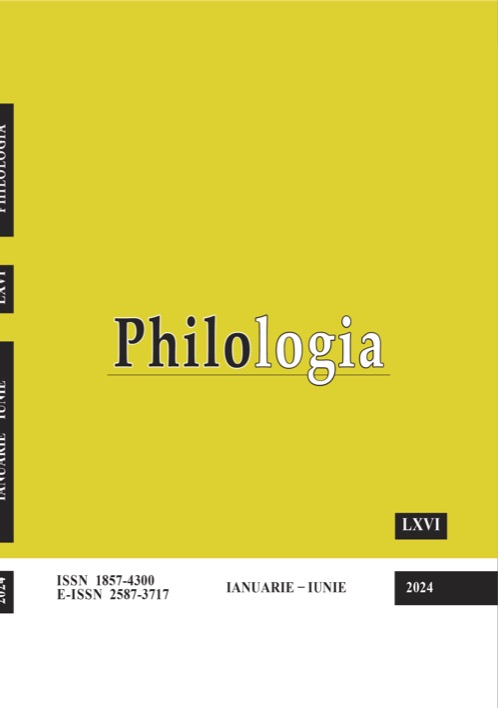Abstract
.
Analyzing the Romanian vocabulary in the cultural context of its development could lead to a better understanding of the Daco-Romanian civilization and language as a branch of the Indo-European language family. This socio-linguistic approach of studying a vocabulary has the scope of enlarging the field of philology beyond the limited study of phonetics and morphology. By trying to understand the social context in which the word was used, and in the case of merging with concepts belonging to an invading population with same ancestral heritage, Indo-European in our case, the preference for one form over an older one, or the other way around, can offer a better historical perspective. Starting from the reconstructed Indo-European roots, the etymological solutions could elucidate many of unsolved linguistic problems.

